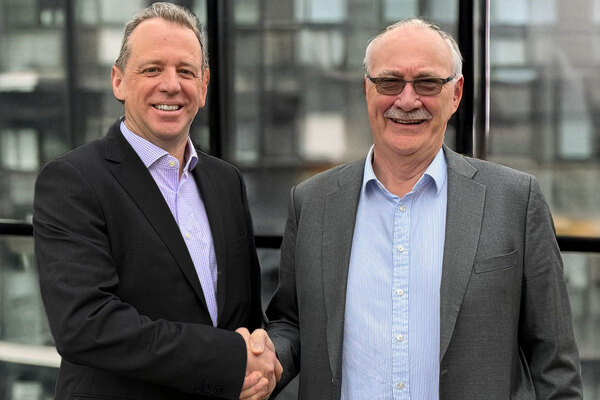The six main challenges that need addressing this year if we are to deliver a better housing system
Here are the six main areas that must be addressed this year – and by the next government – if the nation is to successfully start tackling the housing crisis, writes Clare Miller, chief executive of Clarion

They say Christmas comes earlier every year, but the same is true when it comes to political parties making housing pledges when an election is imminent. The mulled wine was still warm when a Boxing Day interview with Michael Gove was published in The Times – in which he promised the Conservative Party would “definitely have a new offer for first-time buyers”, before polling day. The next day, the shadow housing minister told the Financial Times that a Labour government would liberalise the planning system and re-introduce housing targets for local authorities.
As the chief executive of the largest social landlord in the country, I welcome the focus on housing policy – but it’s essential that all political parties approach the issue with a long-term plan in mind, not just the coming election campaign.
As the social housing waiting list continues to rise and the pressure on temporary accommodation reaches record levels, collaboration between national and local government will be imperative if we are to better support current social housing residents and to build more of the social and affordable homes we desperately need. There is no one ‘silver bullet’, but there are a host of policy areas that need attention.
Access to affordable land
Affordable housing delivery is often hampered by housing associations being outbid by private developers. Housing associations require renewed efforts to make land available at affordable rates to facilitate large-scale development. By addressing this fundamental challenge, we can work towards meeting the demand for social housing that continues to grow within our communities.
More resources for stretched local authorities
Local authorities play a critical role in addressing housing needs within their communities. However, they are under immense financial pressure, which significantly impacts the provision of social housing and places additional strain on housing associations. While Clarion operates its charitable foundation, Clarion Futures, which provides a range of free support services for our residents, we cannot substitute for the essential, statutory services provided by councils. To build a secure future, local authorities require a robust financial foundation that can support their efforts to collaborate with housing associations effectively.
Help for planning departments
Too many housing projects are stalled by the depleted capacity of council planning departments. While we welcome the recent announcement of a roving ‘super squad’ of planning experts, its scope and scale must be expanded to address the widespread issues faced by planning departments across the country. By providing adequate resources and support, we can unlock the potential of development projects and expedite the delivery of much-needed housing.
Accelerate progress on retrofit
Clarion is proud to be a key partner of the government through the Social Housing Decarbonisation Fund. Retrofitting not only contributes to cutting our carbon footprint, but also provides an opportunity to generate new jobs and stimulate economic growth. It is essential to scale up the project rapidly to ensure that we meet the urgent environmental objectives set for the coming years.
Promoting greater homeownership
We shouldn’t lose sight of homeownership and I have no doubt it will feature in the general election. The current housing market poses significant affordability challenges for the younger generation. Accessible homeownership options, such as shared ownership, can help alleviate this burden.
A long-term rent settlement
A plan for social housing should also have a long-term rent settlement for social renters at its heart. The below-inflation rent settlement in 2023 has placed significant pressure on housing associations. By establishing a fixed rent settlement, housing associations can plan with confidence, to ensure the provision of quality social housing for years to come.
By the time we’re taking the Christmas decorations down from the loft again, the general election will have almost certainly taken place. Housing will be part of the debate – but this is the year to make sure we don’t just talk about a long-term plan, but that we start to deliver on one.








